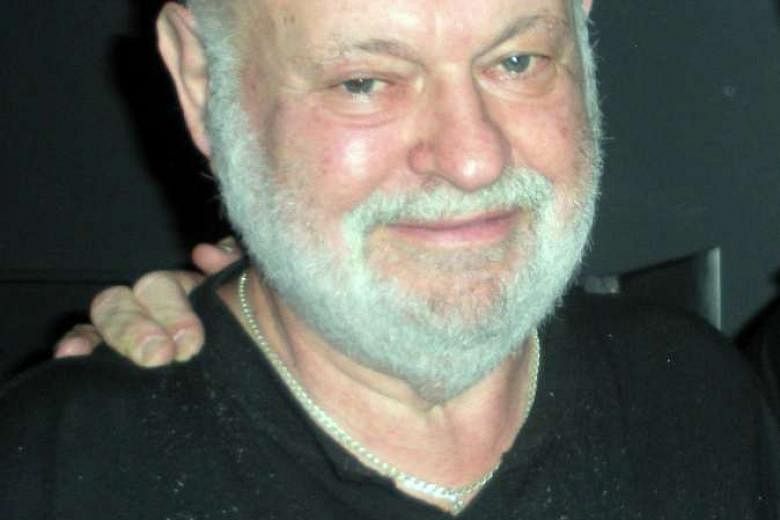NEW YORK • In July 1969, the town of Wallkill, New York, dealt a potentially mortal blow to Woodstock Ventures, a group of rookie promoters hoping to organise a grand festival of rock music in rural New York.
Fearing hordes of tripping hippies and wild-eyed radicals, the town's zoning board reversed a decision to allow the event. This, it seemed, was the end of the road for the three days of peace, love and music that the organisers envisioned.
Enter Elliot Tiber, one of the unlikeliest heroes of the 1960s counterculture. A former yeshiva student from Brooklyn who did not even smoke marijuana, he helped his parents operate the shabby El Monaco Motel in nearby Bethel. He also worked as an interior decorator in Manhattan.
As luck would have it, Tiber, in his capacity as president of the Bethel Chamber of Commerce, held an official permit, written by himself to himself, to hold a music and arts festival.
This was the golden key that unlocked the door that opened onto one of the defining events of the era. With a telephone call, Tiber offered the permit, for US$1, to Woodstock Ventures, along with the dubious charms of the El Monaco Motel as a headquarters for the festival and lodging for the stars.
In a matter of days, the Woodstock Music and Arts Festival was back on track, and Tiber, as its principal ticket agent and hotelier, embarked on six weeks of glory that clung to him, like a shimmering cloud, for the rest of his days.
It provided most of the material for two memoirs, Knock On Woodstock: The Uproarious, Uncensored Story Of The Woodstock Festival, The Gay Man Who Made It Happen, And How He Earned His Ticket To Freedom (1994) and Taking Woodstock: A True Story Of A Riot, A Concert, And A Life (2007), written with Tom Monte. Director Lee Ang used Taking Woodstock as the basis for his 2009 film of the same name, which starred comedian Demetri Martin as Tiber.
Tiber died last Wednesday in Boca Raton, Florida, from complications of a stroke, his art agent said. He was 81.
He was born Eliyahu Teichberg in Brooklyn. His other books included the memoirs Palm Trees On The Hudson: A True Story Of The Mob, Judy Garland & Interior Decorating (2011), in which he wrote of his years as an interior designer before Woodstock, and After Woodstock, which tells of his relationship with Belgian film-maker Andre Ernotte.
Key details about Tiber's role in Woodstock remain unclear. He said he introduced Michael Lang, one of the festival's main organisers, to Max Yasgur, the farmer who rented his land for the festival, after the land next to the El Monaco Motel was deemed unsuitable.
Lang said Tiber introduced him and his partners to a real estate agent, who took them to Yasgur. At a screening of Michael Wadleigh's documentary film Woodstock in Beverly Hills in 2006, Tiber and the concert organisers gathered for a discussion of the event. No one could agree on anything.
"If it wasn't for me, you wouldn't be here," Tiber said. "I had the permit for a festival for 10 years in stinking Nazi-controlled Bethel-White Lake." When Lang and others offered different recollections, Tiber cut them off. "You were all on drugs," he said. "I was the only one there who didn't do drugs."
In an e-mail last Friday, Lang wrote: "Elliot was part of the magic of Woodstock. Without his phone call bringing me to Bethel, Woodstock might never have happened."
Flush with US$50,000 in Woodstock cash, he moved away and met Ernotte, whom he followed back to Brussels.
The partners worked on the film Rue Haute, which became Belgium's entry for best foreign language film at the 1976 Academy Awards. Tiber wrote the novel the film was based on. Ernotte died in 1999.
Tiber is survived by two sisters.
NEW YORK TIMES

